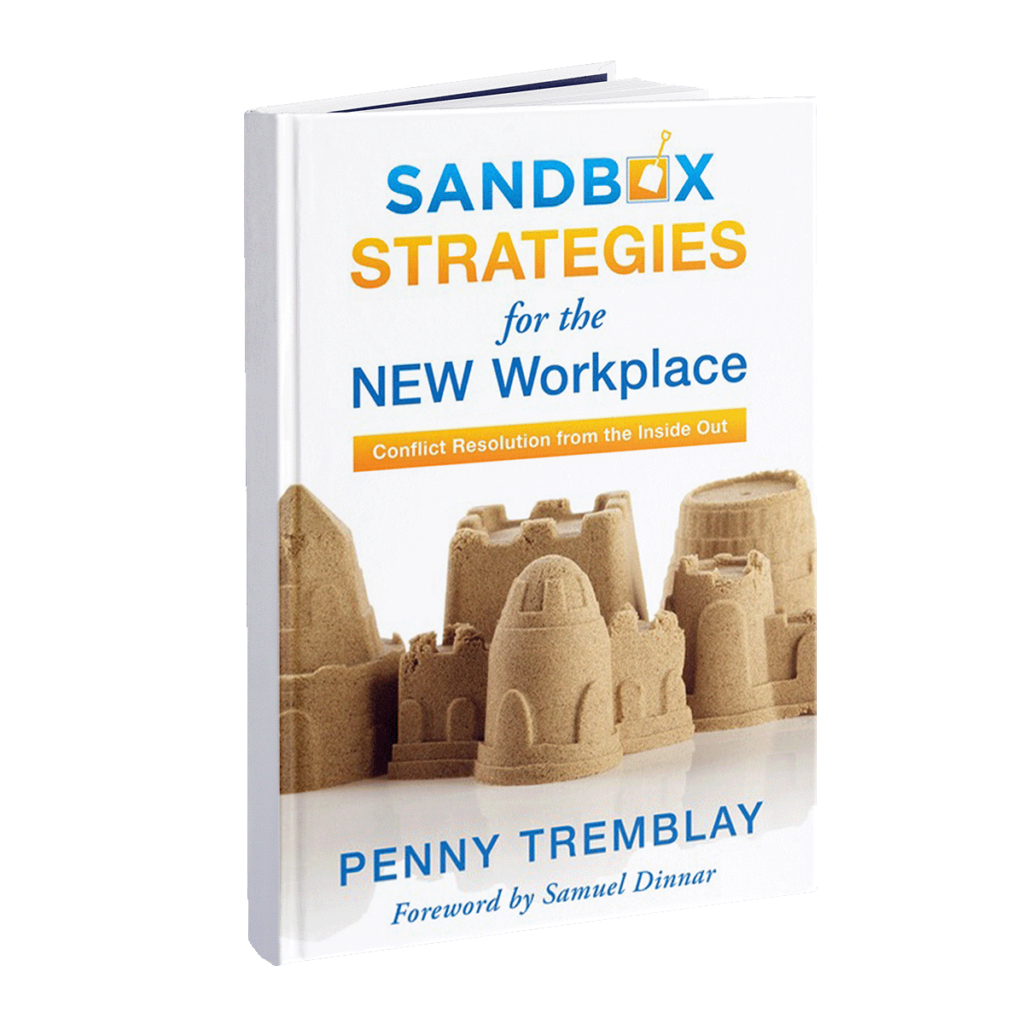Finding peace begins with awareness. Part of unpacking your suitcase is not just knowing what’s in it but also why you’re so attached to what’s inside of it. What’s the payoff for staying attached to it? When the bright light of awareness shines, it helps us to look inward and discover all sorts of hidden clutter in the suitcase of our old stuff.
Fair warning: once you uncover these insights, there’s no going back—you can’t “un-see” what you’ve seen. Even if you try to turn off your bright light of awareness, the truth remains, and that’s ultimately a good thing.
Don’t stop, keep digging.
These stories are shaping your future, whether you’re aware of them or not. Don’t you want to be steering your own ship? Detaching from old thought patterns is easier when you understand why you continue to think them. Let’s dive into the five reasons why people are attached to their old stuff:
- Old Programming/Wiring: Our emotional programming begins at an early age and creates pathways for thought. The nerve cells of the brain (neurons) have single elongated extensions (axons) that send messages. When two messages “connect,” the axons join, forming a synapse, like a bridge or connection. They get wired together and are used for memory and recollection. This “hardwiring” is not always relevant or accurate for current use. Think about how we can be wiring up thought patterns that create our own limiting beliefs, like “I’m stupid when it comes to writing tests” or “I’m not good enough for wealthy people.” Those are just two of what could be countless ways of misinterpreting messages from old wiring.
- Fear of Conflict and Difficult Conversations: You may be uncomfortable with conversations that are confrontational, challenging, or negative. We think it’s easier to avoid these conversations rather than gather the people involved and talk about it. This can lead you to harbor resentment or gossip/vent to the wrong people instead of taking the road less travelled.
- Fight-or-Flight Hormones: Our DNA is hardwired with stress hormones designed for fight, flight or freeze responses. In current times, we often don’t need to physically fight or flee. Instead, we exaggerate small stressors into big crises, essentially making mountains out of molehills. This allows our innate hormones to be useful, and we feel satisfied with our own ability to protect ourselves. The ego’s job is to protect us, so when we give it something to protect us from, we are stroking our ego for doing a good job, protecting us from mountains that really could just be molehills.
- Reasonable Excuses: Excuses might seem valid, but they’re still excuses. When you want to avoid change or hold onto old patterns, excuses like “I’m too busy,” “I’m not that type of person,” or “It’s just my culture” can get in the way of deeper connections and personal growth. If you recognize your own excuses, you can move beyond them. The easy path is to make excuses, but real growth requires effort—and it’s worth it.
- Emotional Addiction: When those networks of neurons are fired in our brain, it creates electrical charges. Those thoughts can cause a chemical reaction that results in a feeling or emotion. Emotions are chemical feedback, a product of our experiences. If you’ve spent years thinking and feeling a certain way that triggers an emotion and chemical reaction, you’ve conditioned your body to become addicted to the emotions.
Accept Feedback
Linking this story to my work sandbox, I’ve had to learn to accept feedback. When I first hear or read feedback about my work, I see it through my “I’m not good enough” eyes, but being aware of my default thought patterns, I can put on my big-girl pants and see it for what it is: an opportunity to find a HOLY SHIFT in perspective.
What do you think your reasons are for staying attached to some of your old stories? Write them down as opportunities to HOLY SHIFT for self-development! Head on over to my website where I am offering you a FREE download of the HOLY SHIFT worksheet. Peaceful, productive, and profitable relationships are your responsibility. Let’s dig in with new tools!
I hope you’re inspired to shine the light within, not fearful of what you’ll find because I guarantee you that knowing who you are and what’s navigating your future is far more beneficial than carrying around unnecessary obstacles to the relationships you’re seeking.
With peace,
Penny

Learn the strategies that will help your team resolve conflict in the NEW workplace.
- Embrace, accept, and welcome conflicting values
- Understand the importance of collaborative relationships for career advancement
- Take responsibility to co-create a winning culture with productive and profitable results
- Empathize with coworkers and even competitors to be the leader others WANT to follow
Press Appearances:
- CEOWorld Magazine
- Blue Heron Journal
- Mareo McCracken
- EverydayMBA, Host: Kevin Craine
- Savvy Business
- Swimming in the Flood
- Get Down to Business
- HR.com Leadership Excellence
- Indian Management Magazine
- Crafting Solutions to Conflict
- Vantage Fit Podcast
- Stay tuned, more coming soon…



